China has expressed concerns over some unilateral trade practices of the U.S. during the WTO's 15th Trade Policy Review of the U.S., raising 312 written questions to the U.S. based on WTO rules and pointing out Washington's trade protectionism is affecting the stability of global industrial chains, China's Commerce Ministry said over the weekend.
During the policy review, which was held from Wednesday to Friday, other WTO members, including the EU, Japan and Canada, also expressed concerns over the "systemic impact" of U.S. trade policies on the multilateral trading system, the ministry said on Saturday.
Observers noted that the concern of so many members showed that the serious violations of WTO rules by the U.S. are now triggering public anger, and voices from more countries will exert more pressure on the U.S., though a final rectification requires time.
According to the ministry, 32 WTO members together raised more than 2,000 written questions to the U.S., concerning U.S. policies such as the so-called Inflation Reduction Act, the "Chips and Science Act" and its procurement policies, and the generalization of the national security concept.
China, which raised 312 questions, has expressed a series of concerns over U.S. practices such as introducing large-scale discriminatory subsidies, unilaterally imposing massive and high tariffs under Section 301, and abusing export control measures.
The unilateralism and protectionism of the U.S. deviated from the multilateral trading system, violated economic laws and market rules, and affected the stability of global industrial and supply chains, the ministry said on Saturday in response to a media inquiry regarding the WTO's 15th Trade Policy Review of the U.S..
As one of the three functions of the WTO, trade policy review is an important platform for WTO members to exercise their rights and express their economic and trade concerns. All WTO members are subject to review, with the frequency of reviews varying according to their share of world trade.
The U.S.' trade policy in recent years has become more unilateral and self-centered, and has caused a serious impact on WTO rules and is also a serious violation, which has triggered dissatisfaction among more countries, Tu Xinquan, dean of the China Institute for WTO Studies at the University of International Business and Economics in Beijing, told the Global Times on Sunday.
The WTO trade policy review itself is also for members to discuss a country's trade policy. Through this mechanism, one can ask the U.S. to explain why it formulates such a policy, and international opinion may possibly exert pressure on Washington's future policymaking, Tu said.
But Tu pointed out that the U.S. trade policy review is more of a place for "public opinion wars." To truly solve the problem, it may still need to rely on the dispute settlement mechanism - a process that can take years to resolve.
On December 12, China filed a lawsuit against the U.S. at the WTO over its sweeping semiconductor export curbs, a move Chinese officials and experts said is a way of seeking to address Chinese concerns through legal means and a necessary way to defend China's legitimate interests.
China's filing came just days after the WTO ruled that tariffs imposed by former U.S. president Donald Trump on steel and aluminum imports violated global trade rules. China was among the countries that brought legal action against the U.S..
"Now that our lawsuit against the U.S.' export control measures have been filed. I believe the ruling in our favor will still be made in the end," Tu said.
Given the increasing trend of U.S. unilateralism, Zhang Hong, an independent industry observer, told the Global Times on Sunday that some U.S. allies such as major European economies need to make pragmatic and wise decisions to safeguard their own interests rather than following Washington too closely at their own costs.
"Globalization is the only solution to the recovery of the global economy amid uncertainties," Zhang said.
"All countries should step forward and Washington's unilateralism and protectionism should no longer be allowed to continue unchecked. This is not only related to the stability of the global trading system, but also concerns international morality," Chinese Foreign Ministry spokesperson Wang Wenbin said on December 13.










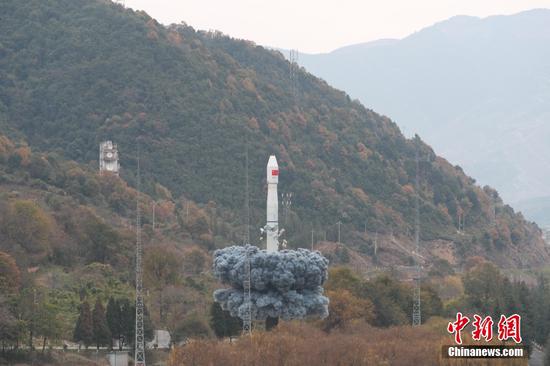

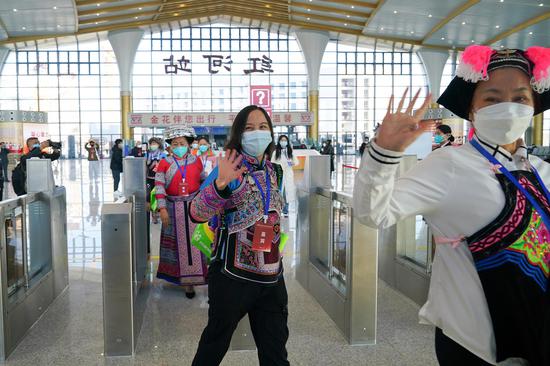

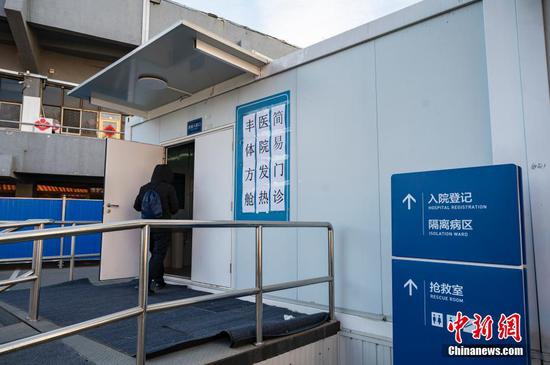
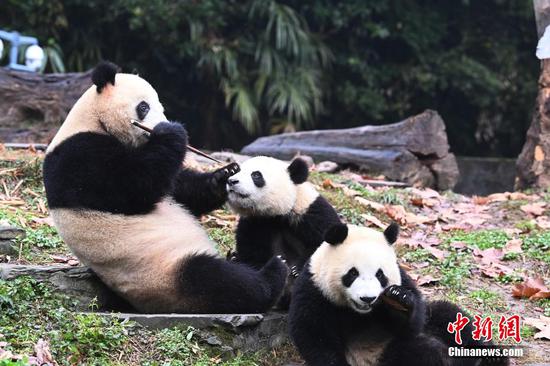

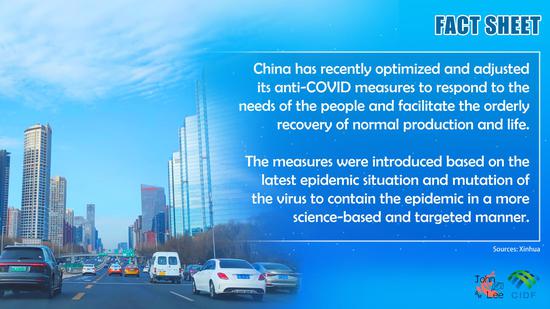






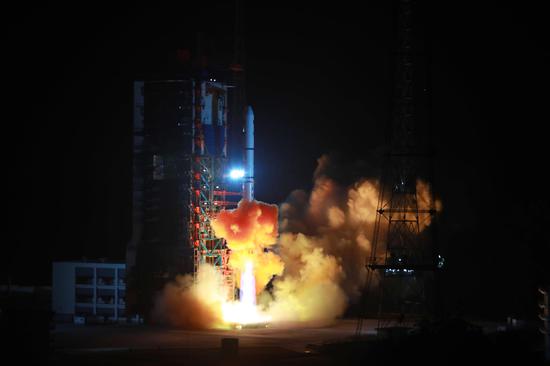




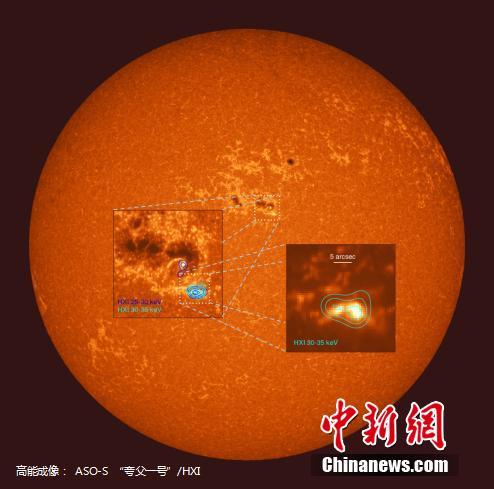
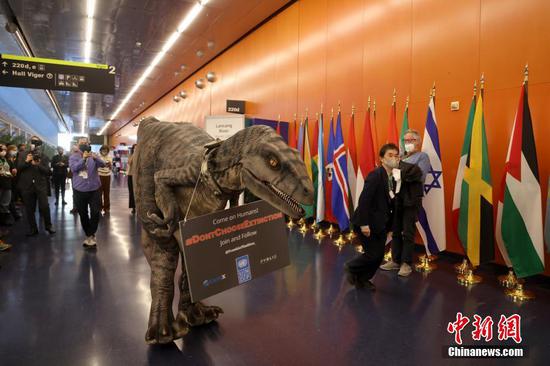
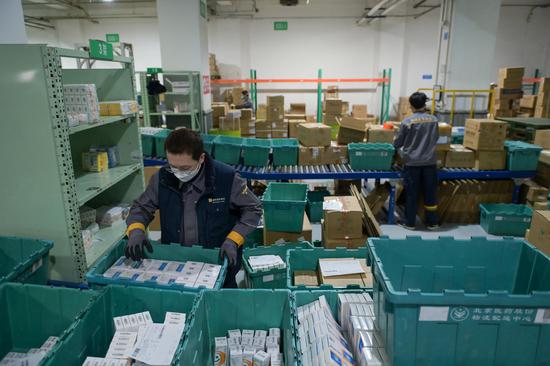
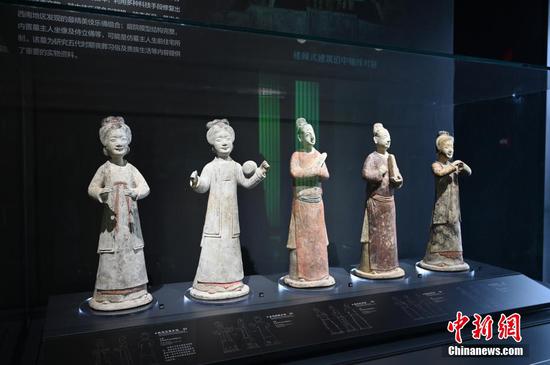
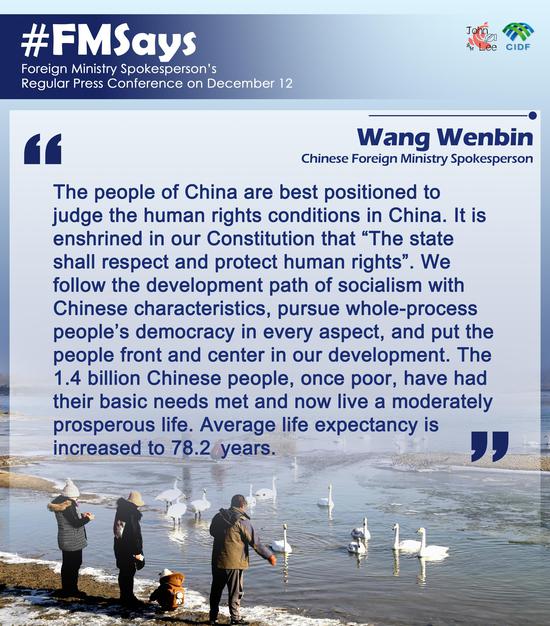

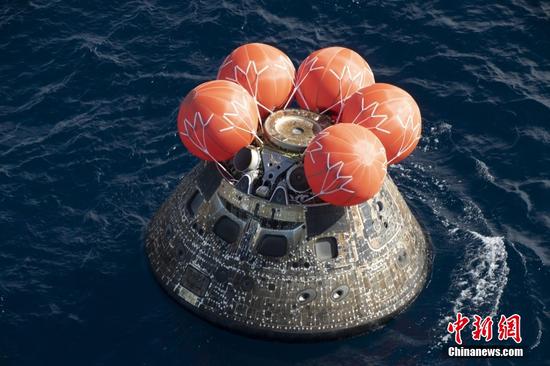




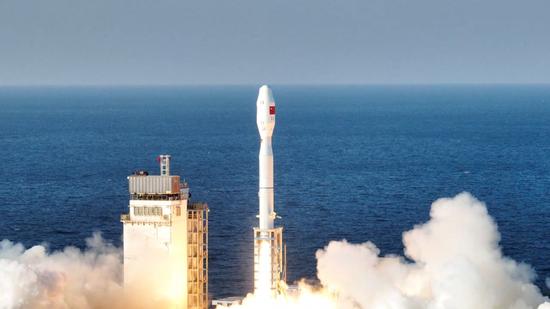

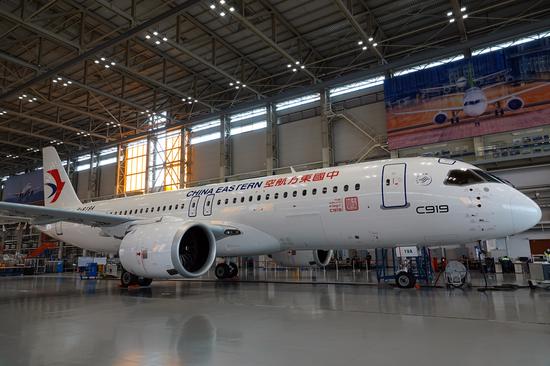
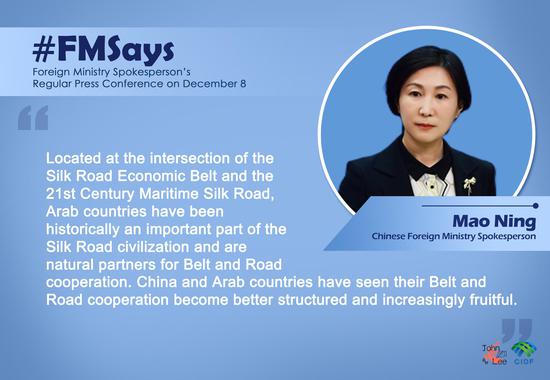
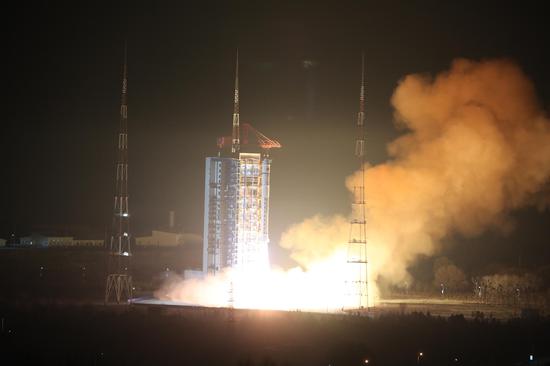





 京公网安备 11010202009201号
京公网安备 11010202009201号